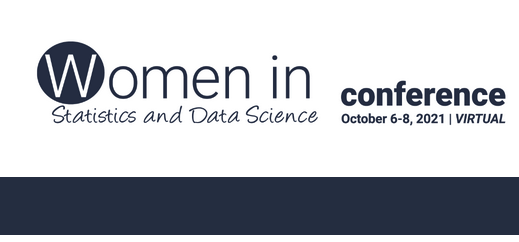The following is a summary of a conference presentation conducted by our team at the Women in Statistics and Data Science Conference, which took place October 6-8, 2021. More information can be found at https://ww2.amstat.org/meetings/wsds/2021/onlineprogram/AbstractDetails.cfm?AbstractID=309886.
Strategies for Use of Training, Mentoring, and Sponsoring for Increasing Women in Biostatistics and Data Science Workforce: Machine Learning-Based Predictive Models for Assisting with COVID-19 Crisis (309886)
*Kavita Dharamrajan, Icahn School of Medicine at Mount Sinai
*Arash Kia, Icahn School of Medicine at Mount Sinai
*Madhu Mazumdar, Icahn School of Medicine at Mount Sinai
*Kim-anh-Nhi Nguyen, Icahn School of Medicine at Mount Sinai
*Serena Zhan, Icahn School of Medicine at Mount Sinai
Keywords: COVID-19, Intubation, Random Forest, Densenet deep learning, Mentoring, Sponsoring
COVID-19 is a disease with multifaceted manifestations associated with an uncertain trajectory and a high mortality rate among hospitalized patients. While the clinical management of these patients is quite challenging, managing hospital capacity and maintaining patient safety and quality of care are equally challenging due to the finite availability of resources. We developed a multi-disciplinary team that used machine learning based predictive modeling algorithm (Random Forest and Densenet deep learning) with the inpatient and imaging data to predict near-term need for intubation and risk of mortality. Prediction of these key outcomes assisted in risk stratification, goals-of-care conversations, and resource prioritization.
Using this team-science based collaborative setting, we also administered two training programs for: i) developing skills in biostatisticians to facilitate collaborations with data scientists; ii) increasing minority students from disadvantaged background in data science and biostatistics workforce. The latter called ‘Cloud-Based Data Science Plus (CDBS+ Mount Sinai)’ is a no-cost, paid, 14-week educational initiative for young-adults developed by the Data Science Education Lab of the Johns Hopkins Bloomberg School of Public Health and was expanded to New York City by this team. In this session, we will discuss strategies for increasing diversity, specifically women, through training, mentoring, and sponsoring.

